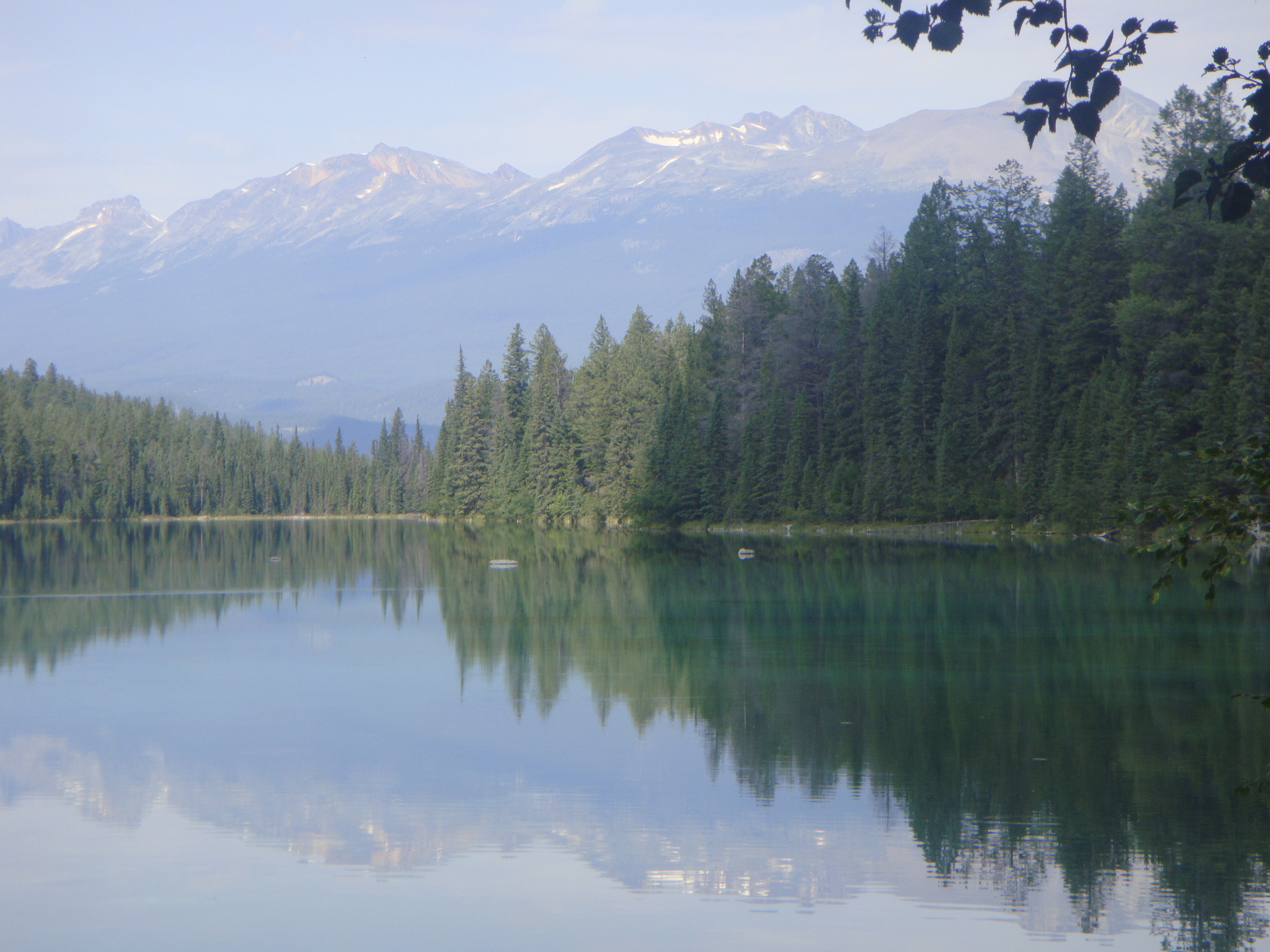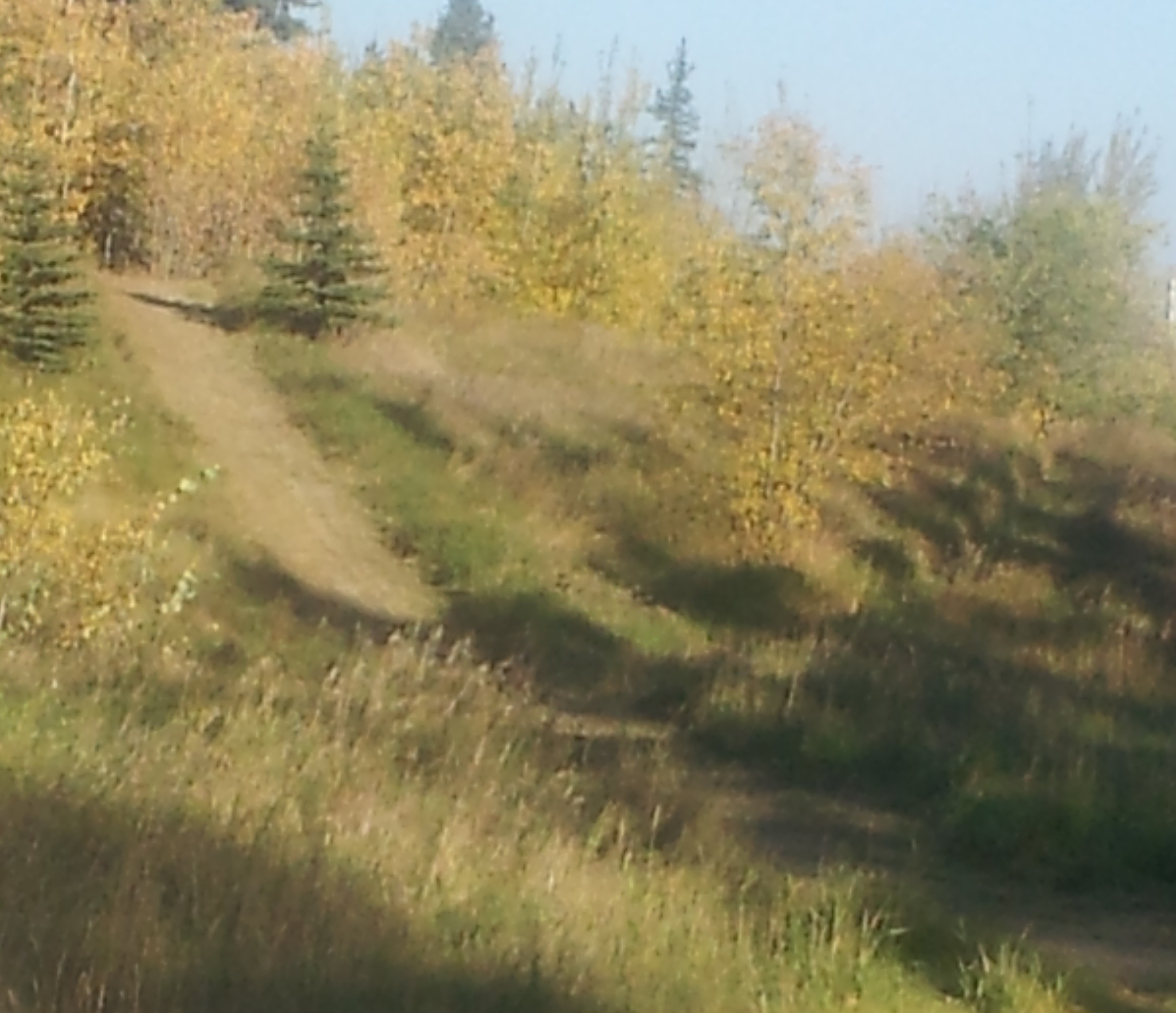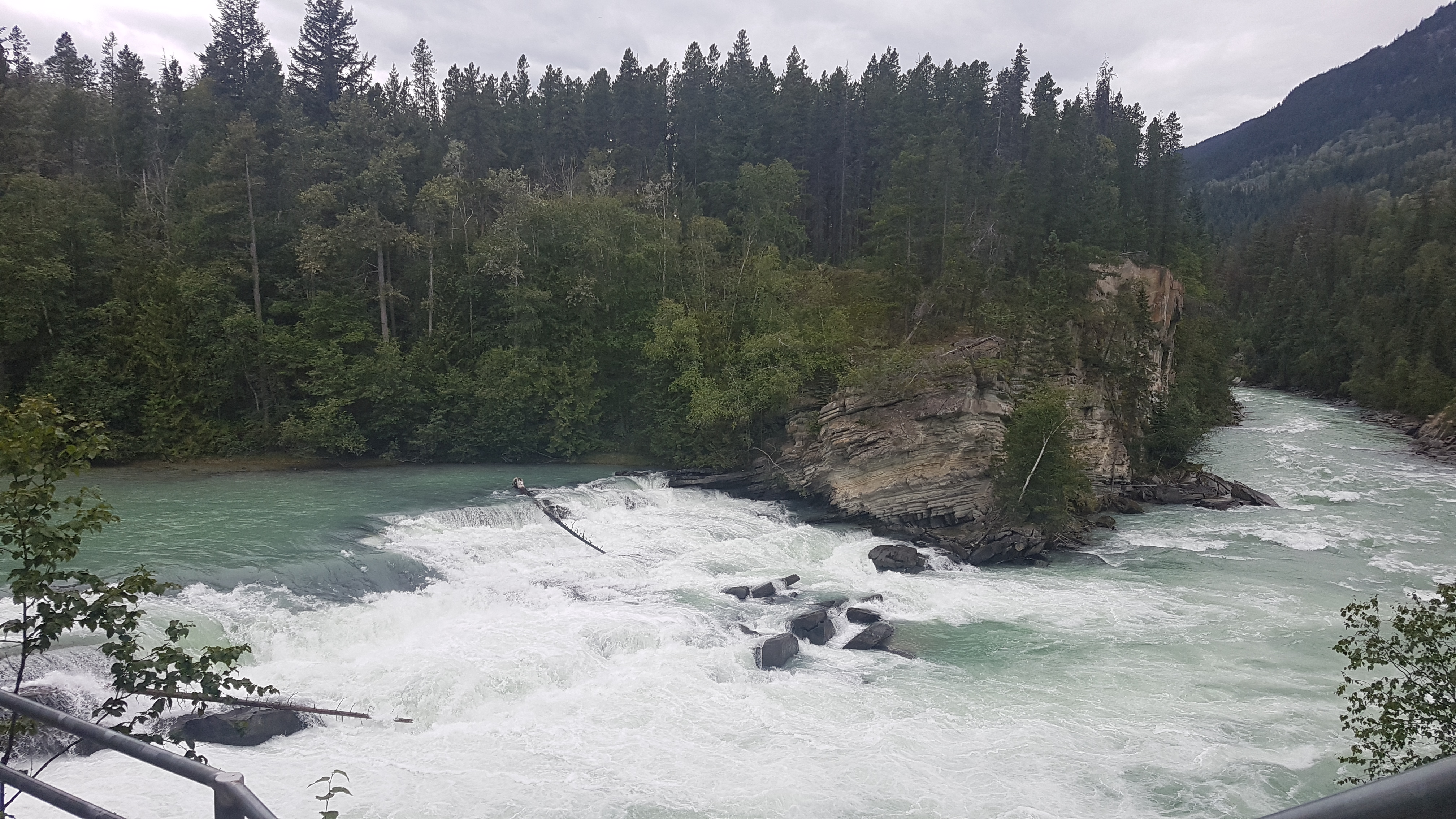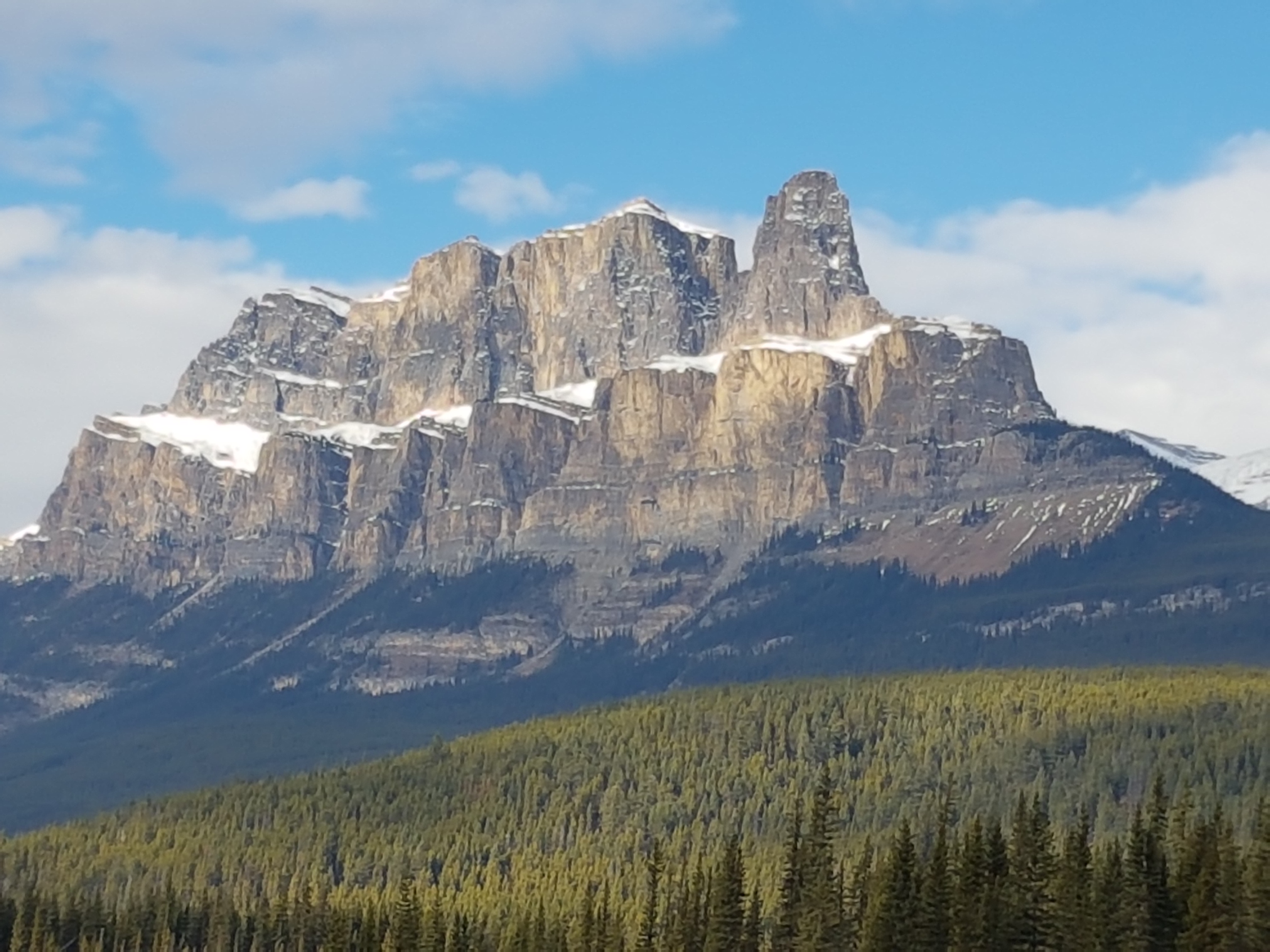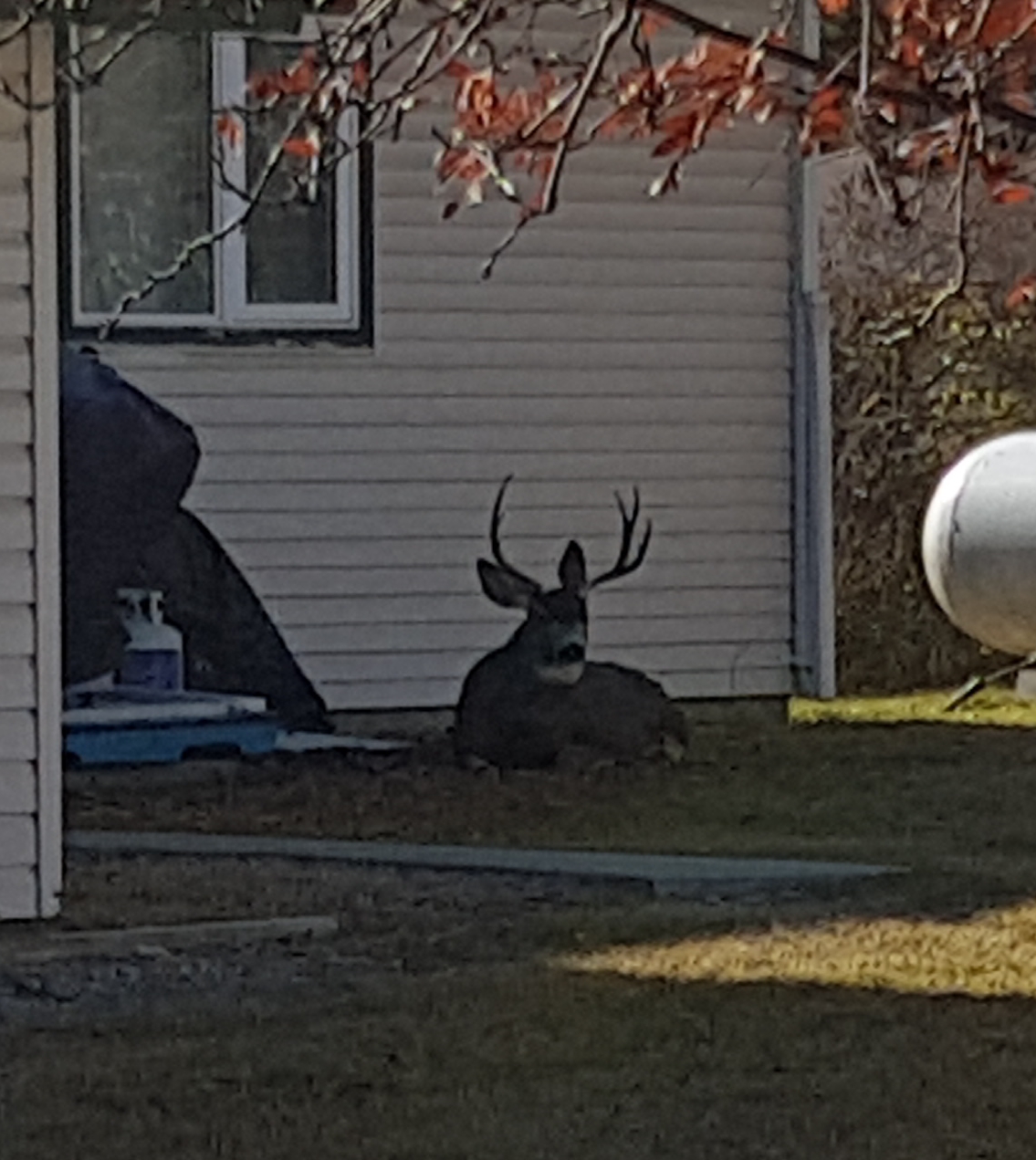Wendell Berry wrote a series of poems about Sabbath and taking time to let the spirit mend and heal. Wayne Muller wrote a book called Sabbath and provided a number of Sabbath practices from various traditions. After we read the book, we used practices and wrote reflections about how we each responded to them at a hospitality retreat.
How each find moments of peace and solace in a busy world is personal and reflects who we are as humans. For me, it is time spent walking, reading poetry, and writing. It is challenging as I need to adhere to a routine without being to rigid. What I observe, feel, hear, etc. needs to able to reach me in meaningful ways.
I wrote this poems as I entered a lengthy Sabbath period, taking time away from screens of various types.
Stepping aside–
Easing into spacious spaces;
Sensing stillness–
Unsquaring eyes,
Fidgeting less,
Being.
Resting–
Embracing wakefulness;
Emerging from frenetic hibernation–
Moving yet remaining still–
Enriching spirit,
Rediscovering lightness of being.
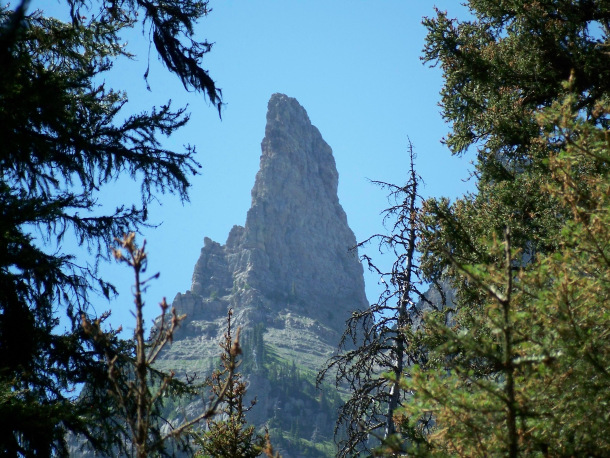
I took this picture on a hike in Glacier National Park. Nature just is. It exists for the sole purpose of existing. Humans need to do this more; just be in a given moment or time.
